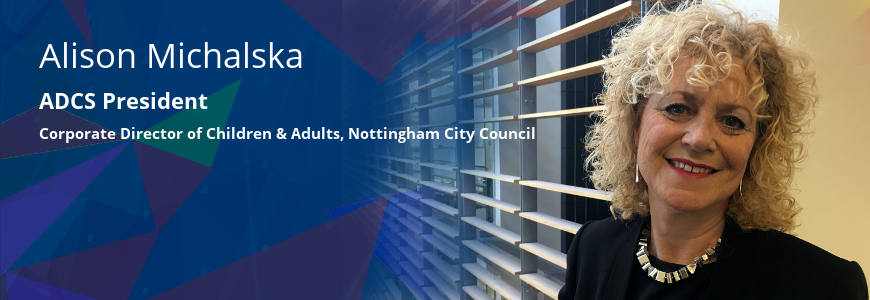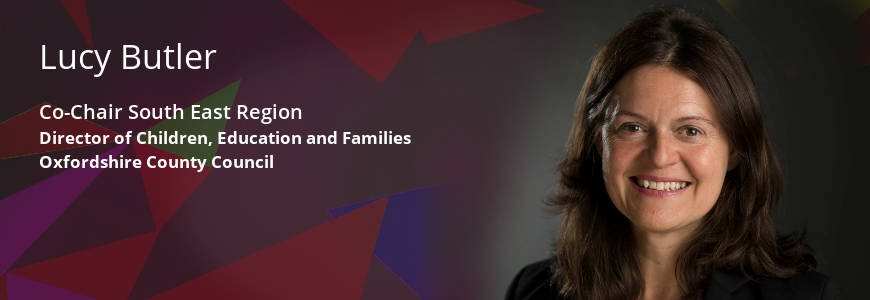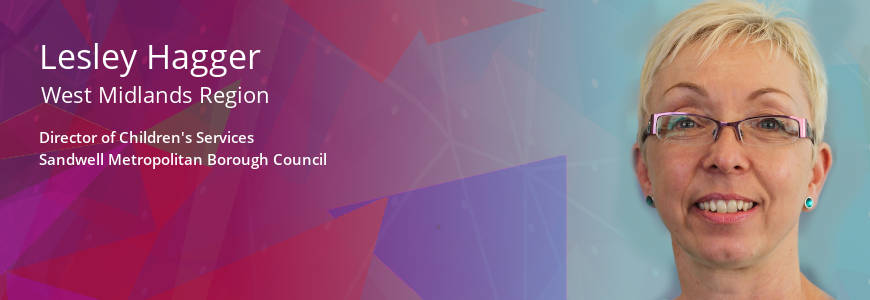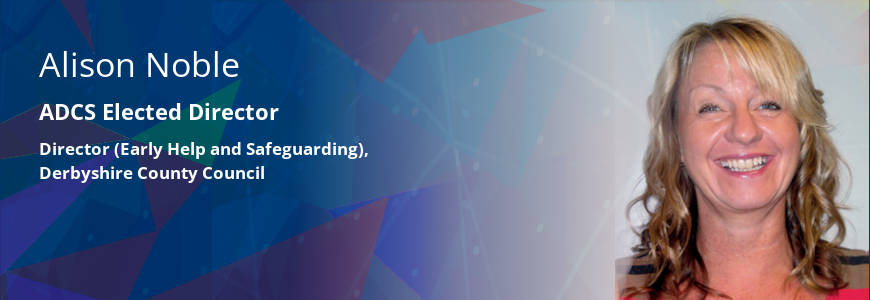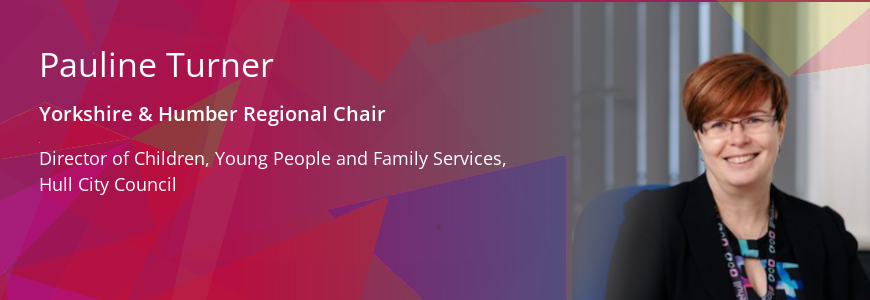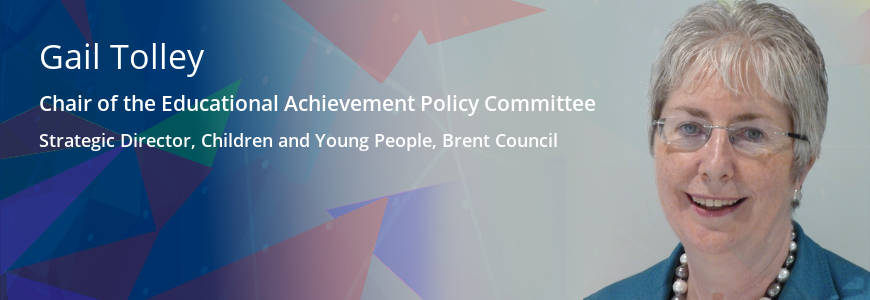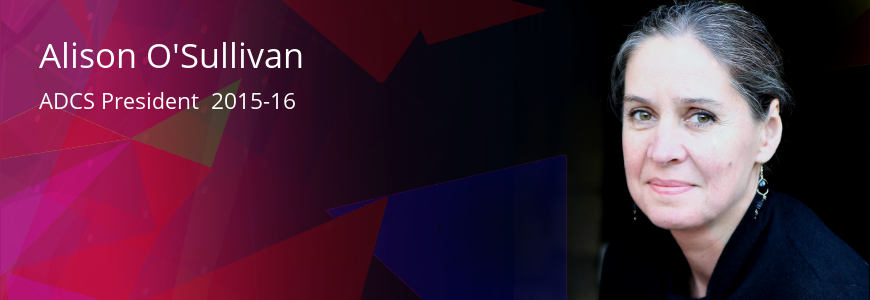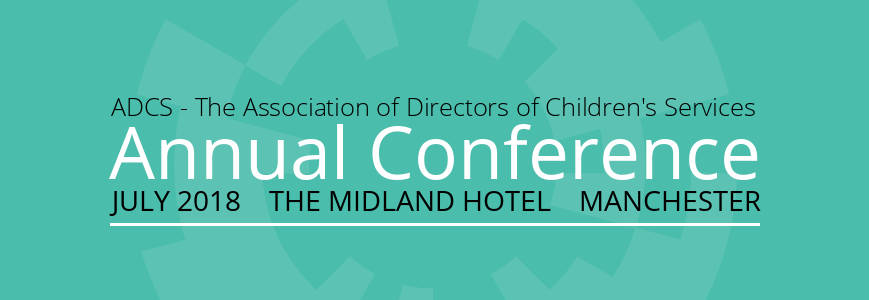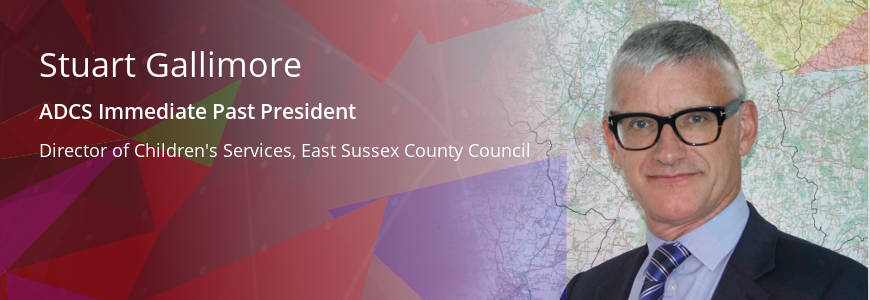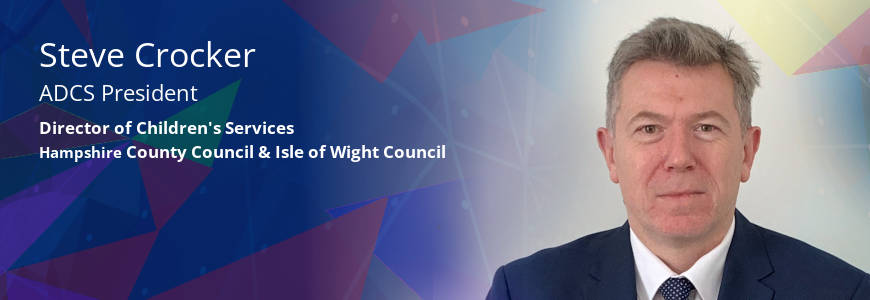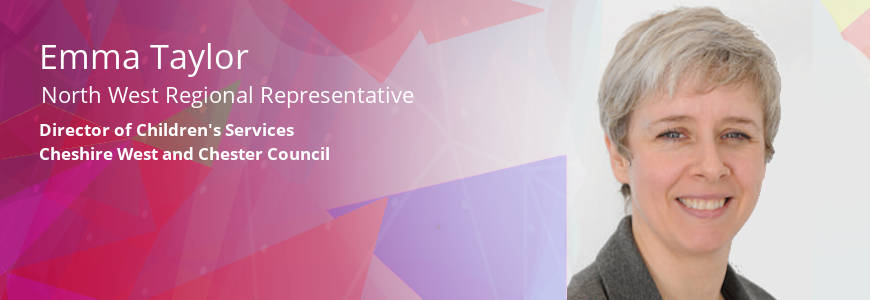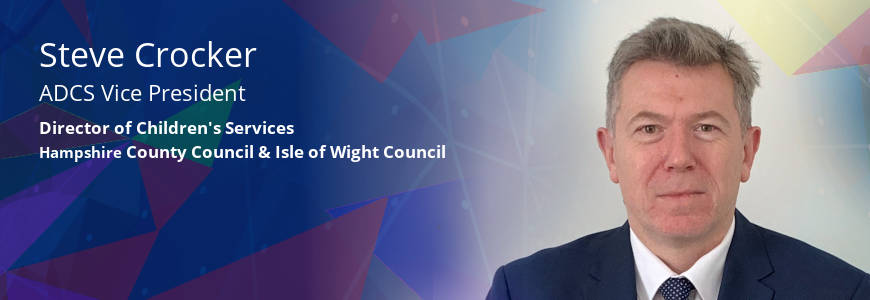Improving the education of children in care
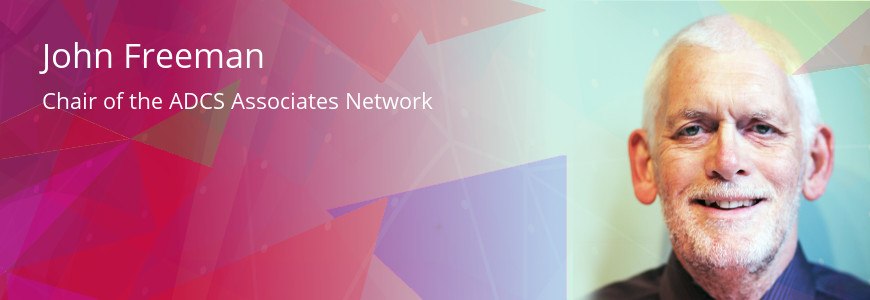
Dave Hill, ADCS Immediate Past President, talks persuasively about changing the narrative for children in care. The lazy stereotype that these children are more likely to experience negative outcomes does a disservice to them and the dedicated people working with, and caring for, them. Dave raised this debate several times during his presidency, in fact, this was one of his personal priorities. I last heard him speak about this issue at the National Association of Virtual School Heads (NAVSH) national conference, this was his final public engagement as President.
Changing the narrative, of course, means different things when thinking about individual children to what it means across the whole population. The underlying point is that children and young people in care are entitled to the same love, care and support as our own children – a sentiment with which I have always profoundly agreed. However, this is, in Dave’s words, necessary but not sufficient. To help the children in our care thrive, we need also to have the information necessary and readily available to ensure that carers and schools can have the highest expectations and aspirations for every child in care, and the tools to enable these aspirations to be met.
Until very recently we had neither the academic research nor the practical tools to do this in any systematic way. Now we do! Research carried out by the Rees Centre for Research in Fostering and Education at the University of Oxford and the University of Bristol enabled us to look at the big picture and determine the factors that made a difference to children and young people’s outcomes. The research found that, in general, the longer a child is in care the better their educational outcomes and that the relationship between being in care and low educational outcomes is explained, in part, by children and young people’s pre-care experiences including poverty, maltreatment and neglect rather than the care system itself.
We have now been able to move from the wholesale use of the ‘big data’ that is now available – drawing general national conclusions – to the retail use of the data, so that virtual school heads can better assess how well their schools and children in care are doing, and how best to set ambitious but realistic educational targets, and to apply Pupil Premium Plus funding to make sure schools can follow through with effective support. The ADCS, NAVSH and National Centre for Examination Results (NCER) children looked after (CLA) analysis project was launched at the NAVSH conference.
The system is now live – and the Nova CLA Reports are available to every local authority.
As Chair of NCER, Chair of the Associates Network, and indeed as an ex-Joint President of ADCS, I’m genuinely proud of the success of the project which has taken two years from inception at the ADCS Council seminar in February 2015 to live reporting. With my NCER hat on I would like to say that I’m grateful to NAVSH and ADCS for support in system design, ADCS and the Department for Education for pump-priming funding, and the 147 local authorities for their ongoing financial support.
Of course, we are just scratching the surface of what can be done with the data, and NCER is now working with NAVSH and ADCS on the next steps. But now the system is live, we can’t wait to see how virtual school heads use it in practice to help children in care achieve better outcomes and change the narrative for good!
Related Blog Articles
There’s a common myth that does the rounds in the run-up to all elections....
In Care
On 22 May I joined many other people in watching a Panorama programme exposing...
In General
Crisis is an opportunity riding on a dangerous wind – Chinese Proverb The...
In General
Two years ago I remember sitting in my garden during the spring time of the...
In Care
The varying number of national and regional initiatives, pathfinders and pilots...
In Care
As chair of the ADCS Educational Achievement Committee I was asked last week to...
In Education
On Thursday we were advised that the five tests had been met and that the phased...
In
In Kirklees, where I work as Director for Children and Young People Services, I...
In Safeguarding & Child Protection
The ADCS Annual Conference 2018 opened on Wednesday 4 July in a very sunny...
In General
Completing this blog has been one of my final acts as President before handing...
In General
By the time that you read this, the machinery of ADCS will have worked its magic...
In General
Last week David Cameron announced a set of measures to increase the number of...
In Care
Recently, I chaired the North West’s School Improvement Group and also led a...
In Education
By the time you read this, summer will be on its way out and we’ll be...

